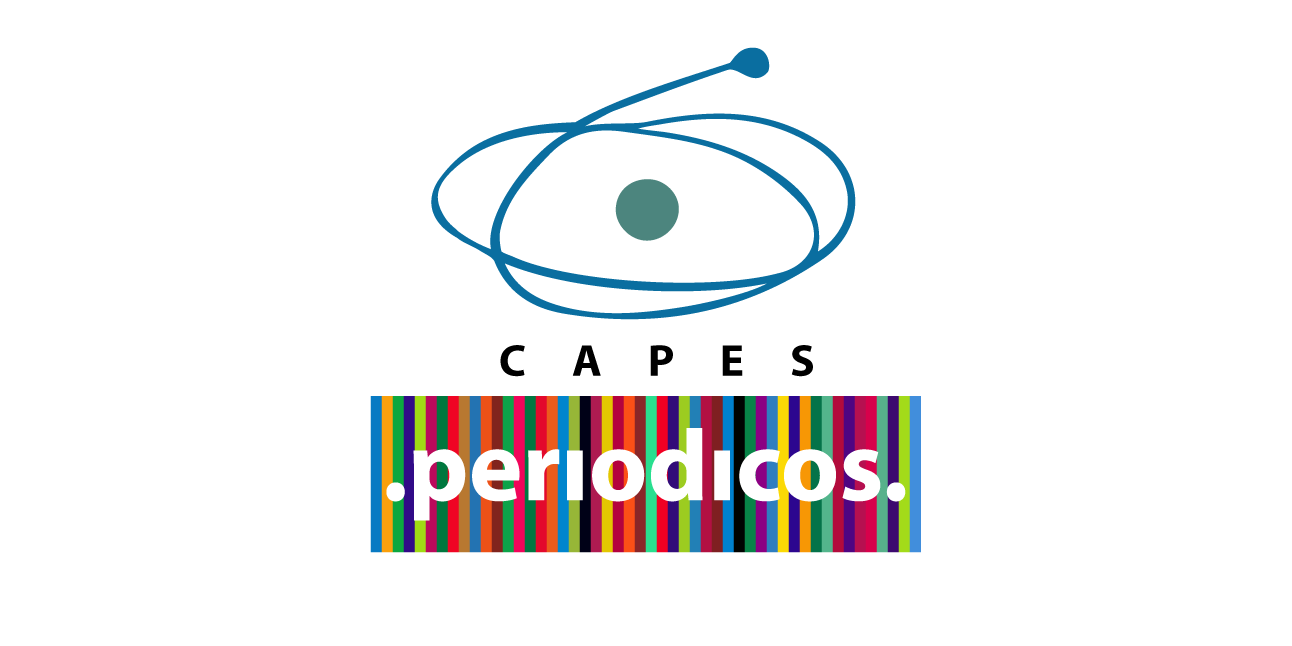Qualidade de vida e padrão alimentar de idosos institucionalizados na cidade de Maringá-PR
Palavras-chave:
idoso, nutrição, qualidade de vidaResumo
Fora do âmbito familiar, as instituições constituem a modalidade mais antiga e universal de atendimento ao idoso. No entanto, essas instituições favorecem o isolamento e a inatividade física e mental de pessoas idosas, acarretando inúmeras conseqüências negativas para a qualidade de vida. Durante o processo de envelhecimento também ocorrem diversas alterações anatômicas e fisiológicas e que podem afetar as condições nutricionais dos idosos. Neste trabalho, o principal objetivo foi conhecer a qualidade de vida e o padrão alimentar de idosos institucionalizados na cidade de Maringá-PR. Foram entrevistados 40 idosos, sendo 22 do sexo masculino e 18 do sexo feminino, todas as informações foram coletadas por meio de entrevistas e preenchimento de questionários contendo perguntas específicas. O dia a dia dos idosos residentes segue sempre a mesma rotina; Destas a inatividade física, o sedentarismo e a ociosidade fazem parte. Durante a entrevista, os idosos residentes manifestaram-se satisfeitos com relação ao horário das refeições e à maneira como os alimentos eram servidos, mas insatisfeitos com o tipo de alimentação e o tipo de preparo oferecido, principalmente com relação ao sabor das refeições. Embora a base para uma alimentação adequada seja a mesma, deve-se lembrar que cada fase da vida merece cuidados especiais. Assim, a alimentação do idoso deve estar voltada para a minimização das alterações fisiológicas que ocorrem no organismo. Nos idosos podem ser comuns as alterações do paladar e do olfato, com redução da percepção dos sabores. Essa redução pode afetar diretamente o prazer de comer e levar ao decréscimo do apetite e consequentemente também ao quadro de deficiência nutricional. Na instituição asilar em estudo, pode-se evidenciar grande necessidade da prática de exercícios físicos e também da reeducação alimentar de idosos residentes, a fim de garantir-lhes maior longevidade e qualidade de vida.Downloads
Publicado
2007-07-19
Como Citar
Sass, A., Marin, C. F., Hattanda, C., Semprebom, K. A., Zibordi, R. Q., Kaneshima, E. N., & Souza-Kaneshima, A. M. de. (2007). Qualidade de vida e padrão alimentar de idosos institucionalizados na cidade de Maringá-PR. Iniciação Científica Cesumar, 6(2), 120–125. Recuperado de https://periodicos.unicesumar.edu.br/index.php/iccesumar/article/view/92
Edição
Seção
Artigos Originais
Licença
A Revista se reserva o direito de efetuar, nos originais, alterações de ordem normativa, ortográfica e gramatical, com o intuito de manter o padrão culto da língua, respeitando, porém, o estilo dos autores. As opiniões emitidas pelos autores são de sua exclusiva responsabilidade.Juntamente com o e-mail de aceite (para casos de aprovação) será encaminhado modelo da Carta de Direitos Autorais que deverá conter o nome completo dos autores, bem como dados de documentos pessoais e assinada por todos os autores e coautores envolvidos no trabalho.
Autores mantém os direitos autorais e concedem à revista o direito de primeira publicação, com o trabalho simultaneamente licenciado sob a Licença Creative Commons Attribution CC-BY-NC que permite o compartilhamento do trabalho com reconhecimento da autoria e publicação inicial nesta revista.






